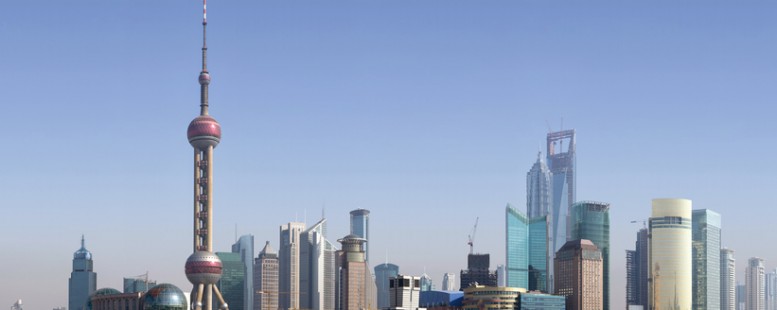Our Opinion: 2021
China’s Communists turn 100

On July 1st, China’s Communist Party celebrated its 100th birthday. It grew to control a fifth of the world’s population and its second-largest economy for 72 years, without a mandate from voters.
That is not a world record. Lenin and his heirs held power in Moscow for slightly longer, as has the Workers’ Party in North Korea. But no other dictatorship has been able to transform itself from a famine-racked disaster, as China was under Mao Zedong, into the world’s second-largest economy, whose cutting-edge technology and infrastructure put America’s creaking roads and railways to shame. China’s Communists are the world’s most successful authoritarians.
The Chinese Communist Party has been able to maintain its grip on power for three reasons. First, it is ruthless. Whilst it dithered before crushing the protests in Tiananmen Square in 1989, it then terrorised the country into submission. China’s present leaders show no signs at all of having any misgivings about the massacre. On the contrary, President Xi Jinping laments that the Soviet Union collapsed because its leaders were not “man enough to stand up and resist” at the critical moment.
A second reason for the party’s longevity is its ideological agility. Within a couple of years of Mao’s death in 1976, a new leader, Deng Xiaoping, began scrapping the late chairman’s productivity-destroying “people’s communes” and setting market forces to work in the countryside. Maoists winced, but output soared. In the wake of Tiananmen and the Soviet Union’s downfall, Deng fought off Maoist diehards and embraced capitalism with even greater fervour. This led to the closure of many state-owned firms and the privatisation of housing. Millions were laid off, but China boomed.
Over the years Western observers have found plenty of reasons to predict the collapse of Chinese communism. Surely the control required by a one-party state was incompatible with the freedom required by a modern economy? One day China’s economic growth must run out of steam, leading to disillusion and protests. And, if it did not, the vast middle class that such growth created would inevitably demand greater freedoms—especially because so many of their children had encountered democracy first-hand, when they got their education in the West.
These predictions have been confounded by the Communist Party’s continuing popularity. Many Chinese credit it for the improvement in their livelihoods.
Many Chinese also admire the party’s strong hand. They relish the idea of China’s restored pride and weight in the world. It plays to a nationalism that the party stokes.. The alternative to one-party rule, the state owned media suggests, is chaos.
The most dangerous threat to Mr Xi comes not from the masses, but from within the party itself. Despite all his efforts, it suffers from factionalism, disloyalty and ideological lassitude. Rivals accused of plotting to seize power have been jailed.
Far from supporting political liberalisation, the current president, Xi Jinping, has reinstated the old Maoist strategy of ideological discipline around a cult of personality. This is backed by harsh and arbitrary measures, including detention, torture during investigation and in prison, and violations of the right to a fair trial. These are increasingly supported by sophisticated technological methods of control” too, such as facial-recognition technology and the social-credit system for tracking citizens’ everyday behaviour. These measures suggest that the regime knows that even the loyalty of the country’s dominant Han population – let alone that of minorities – is fragile.
Xi is right to be worried about the CCP’s long-term future as it faces a number of structural problems, many of which are caused by previous policy mistakes, most notably a demographic crisis caused by a shrinking workforce. But this has not stopped China winning fans abroad. Just as the success of the US and Britain ultimately helped win the cold war, China’s claim to have moved hundreds of millions out of grinding poverty over the past decade is convincing many developing countries of the appeal of authoritarian regimes.
China is further cementing its support through its ‘Belt and Road Initiative’, which will commit $4trn to developing nations in infrastructure investment. Unless the West mounts a better defence of its values, the CCP will be celebrating its 200th birthday all over the world.
5th July 2021
